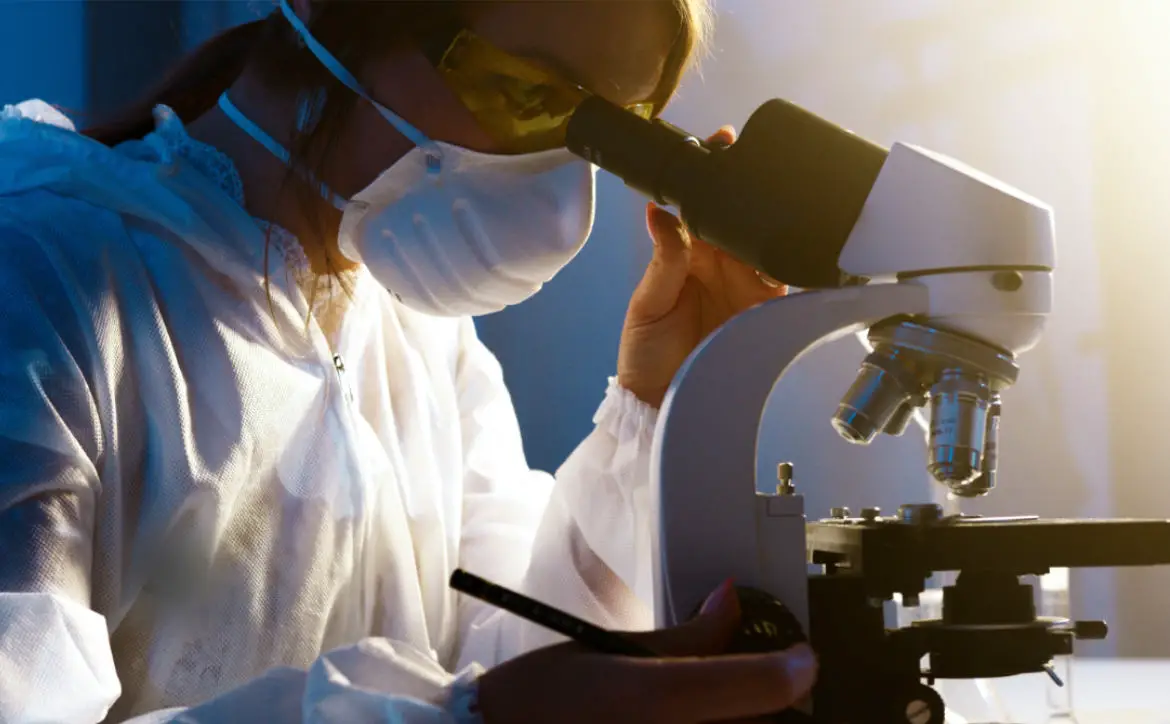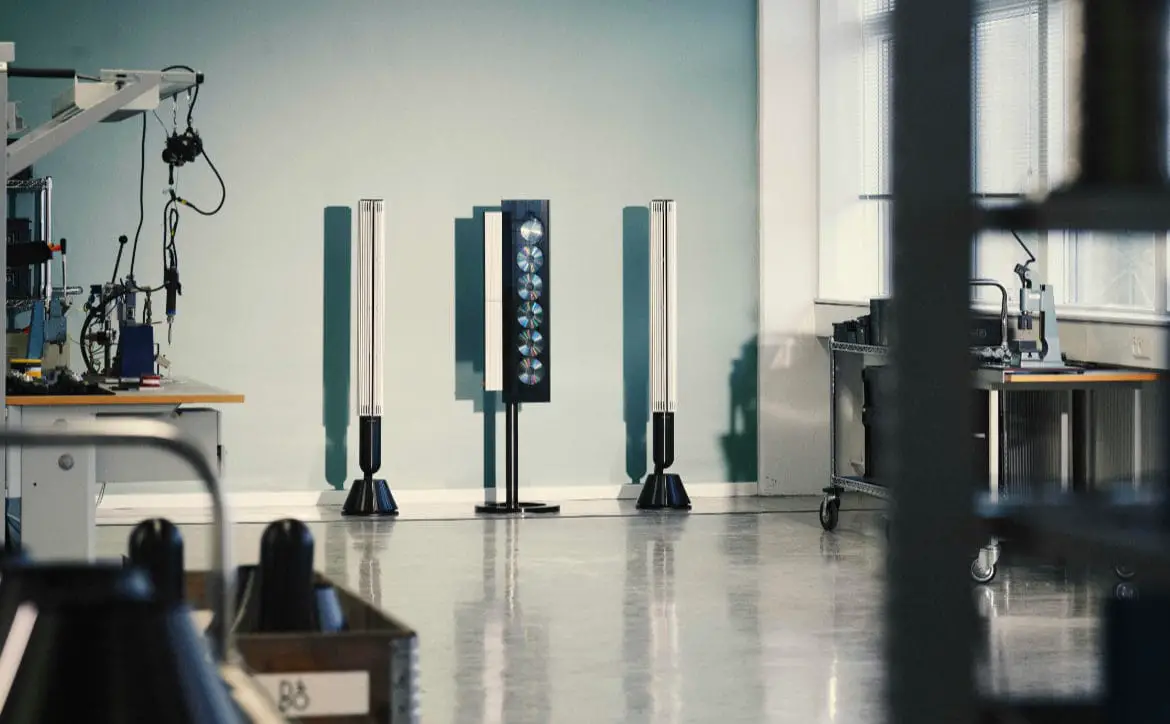It’s no secret that technology helps us accomplish more tasks, connect us with loved ones and even monitor our health. We use it to make our lives easier. One group of people that can benefit from emerging tech are those struggling with substance abuse or recovering from addiction.
Estimated reading time: 5 minutes
Education plays a pivotal role in recovery — for example, teaching family and friends about addiction is made easier using tech. Because it impacts more than just one person, it’s crucial to teach others about it so they can be as supportive as possible.
While traditional psychotherapy is used for substance use disorders and addiction, technology shows great promise for the future. Helping individuals with substance use is the ultimate goal, and tech may help us reach that goal sooner rather than later.
Addiction comes in many forms, and some cases are more severe than others. Nowadays, many people are even addicted to their phones — 41% of Americans check them a few times every hour. However, phone overuse is nothing compared to severe drug or alcohol problems.
Many people turn to drugs or alcohol during stress, relationship or marriage issues, career problems and more. Addiction can take hold of someone’s life, and it’s crucial to improve treatment options and help struggling individuals with viable recovery plans.
Here are some of the technologies already being used to improve recovery for people struggling with addiction.
1. Mobile Applications
We use apps every day — there’s no denying that. Many people use them for various reasons, such as navigating while driving, online shopping, connecting with loved ones or even setting the alarm for the morning.
Thankfully, there are plenty of sobriety apps that can aid recovering alcoholics or addicts with their struggles. For example, apps like Addicaid and Recovery Box are great for those looking to hold themselves accountable and report on their current recovery situation.
Whether it’s on the Apple or Google Play store, individuals can download and use apps to stick to their recovery goals and improve their quality of life.
2. Computer-Based Training
Because cognitive-based therapy (CBT) is a tried-and-true approach for addiction treatment, researchers at Yale devised a plan to create a computer-based training program called CBT4CBT.
The program was tested on a group of cocaine-dependent individuals, and the results were promising. About 36% of the participants achieved substance abstinence, whereas only 17% could achieve it using traditional CBT methods.
The computer program is intuitive and user-friendly. It allows users to play six computer learning games, each providing a gentle introduction to the core concepts of CBT substance use treatment.
These are some of the concepts the computer-based training program teaches:
- Understanding addiction patterns
- Coping with cravings
- Problem-solving skills
- Learning how to refuse drugs or alcohol
- Improving decision-making skills
- Identifying and changing thoughts about drugs or alcohol

3. Gene Therapy
Scientists around the globe are investing time and resources into researching the effects of cocaine on the brain, and one potential treatment option is gene therapy. Cocaine is a highly addictive drug that can cause individuals to relapse, even if they’ve made substantial progress in their recovery.
Recent studies in mice indicate that introducing a specific enzyme, called a cocaine hydrolase, can effectively lower the reward of using cocaine in the brain, making it easier for those addicted to abstain from using. Introducing this cocaine-hydrolyzing enzyme in mice was proven successful in the study — more research is needed to see how it would perform in humans.
Over time, the brain is negatively affected by the use of cocaine, and there’s no standard treatment option guaranteed to work on humans. This type of research could potentially revolutionize the future of addiction recovery.
4. Virtual Reality (VR)
Virtual reality is already used in some forms of therapy and can help people struggling with drug addiction or alcoholism. The applications of VR have expanded in the last few years, and the health care sector can benefit from its usage.
For example, researchers in South Korea have been studying the effects of using VR for drug addiction or alcoholism treatment. One study included participants watching three scenarios on a 3D television screen — each one presented the adverse side effects of drinking.
In addition, researchers at the University of Houston have tested whether VR can treat individuals with an addiction to heroin. The program includes immersing participants into two environments, one where heroin is snorted and another injected.
In this environment and with the help of a therapist, participants could talk out their cravings and interact with 3D avatars to simulate a real-life experience. A therapist can then get a clearer picture of the user’s addiction and improve intervention accordingly.
5. Telemedicine
There’s no question that the role of telemedicine in the health care industry can apply to those recovering from a substance use disorder. For example, reaching out to counselors virtually can benefit recovering addicts, especially those trying their best not to give in to cravings.
Telehealth is a feasible solution for the many barriers to recovery. Those recovering from addiction can engage in outpatient care without worrying about transportation — they can work on their rehabilitation from the comfort of their own home.
6. Neurofeedback Technology
One of the primary benefits of using neurofeedback tech for addiction treatment is that it provides users with the same effects drugs or alcohol cause but without the negative consequences or side effects.
Neurofeedback essentially rewires neuron pathways in the brain in a sustainable way using electroencephalography (EEG). Researchers are finding ways to use this tech to monitor a patient’s brain waves — it helps the mind achieve a regulated state, one where they are not craving drugs or alcohol.
Using Technology to Improve Recovery in the Future
Emerging technologies such as the ones listed above will positively impact the future of treatment, so more people can live their lives without being held back by their addictions. It will be interesting to see how more technologies will help during the recovery process. The future looks bright for individuals struggling with addiction and the health care sector in general.
What are your thoughts? Please share your thoughts on any of the social media pages listed below. You can also comment on our MeWe page by joining the MeWe social network.










